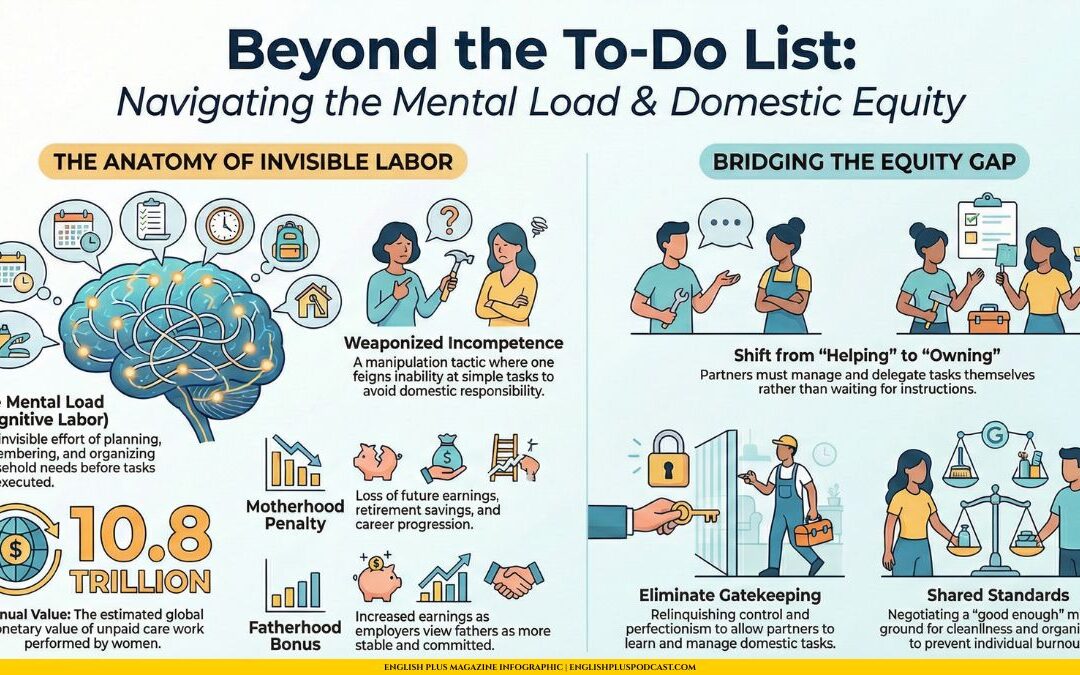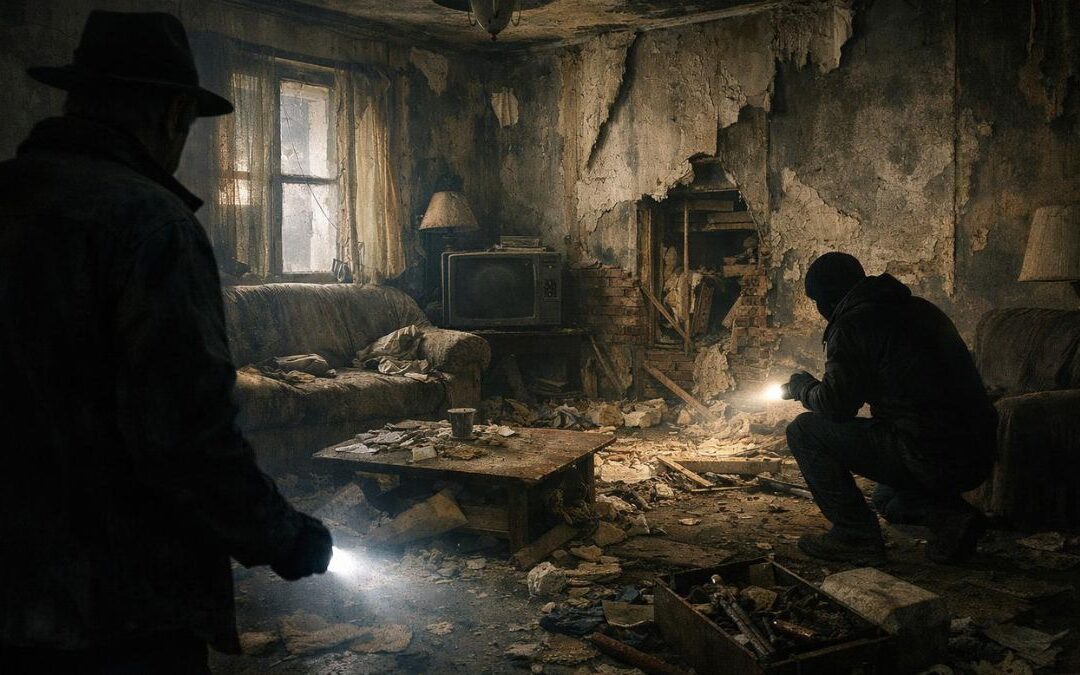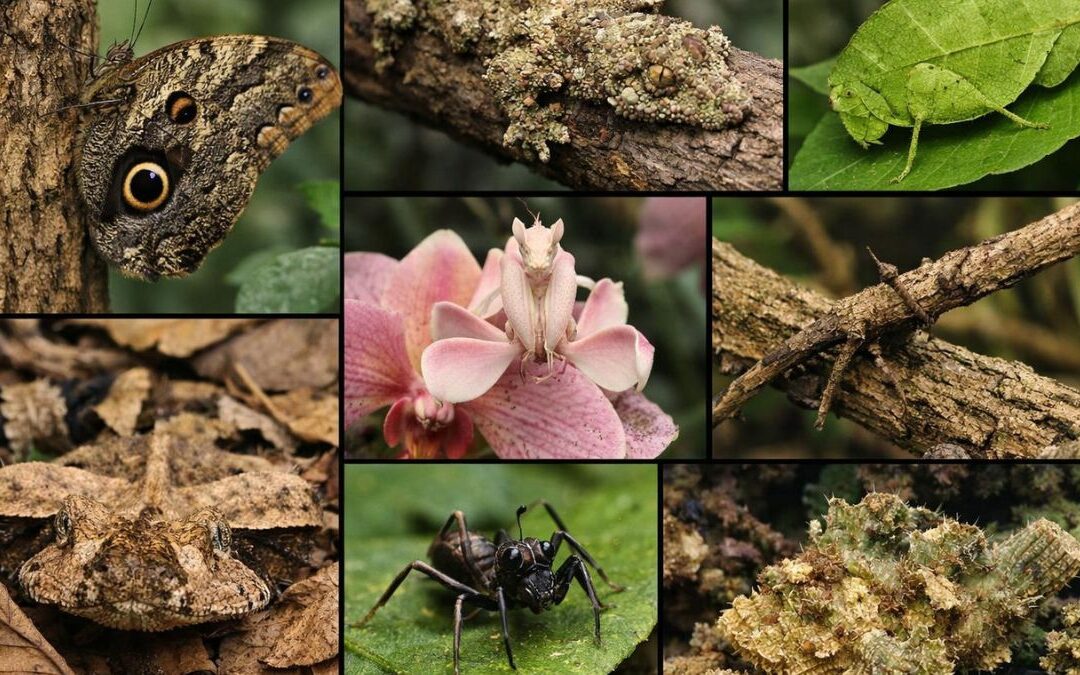Have you ever come across a video titled “Learn Quantum Physics in 60 Seconds!” or perhaps stumbled upon a ten-second clip promising to teach you how to “Master Italian Today!”? And there you are, after a scroll or two, feeling like you’ve grasped something profound, maybe even enough to impress people at dinner parties. But here’s the thing—are you really learning? Or are you just accumulating scraps of information that feel substantial in the moment but fade away by the time dessert is served?
This isn’t to say that these short formats are bad—on the contrary, they can be great! They give us quick access to bite-sized pieces of knowledge and are excellent for sparking curiosity. It’s a little like getting an appetizer before a meal. But imagine if appetizers were all you ever ate. You’d be missing out on the full course, and sooner or later, your hunger for understanding would come creeping back.
The real challenge lies in recognizing the limits of what we absorb through these snippets. Social media makes it even trickier, thanks to algorithms that love to show us more of what we already agree with. This creates something known as confirmation bias, where we start believing that the world operates exactly the way we think it does—because, hey, all the content we see confirms it! The tricky thing? The more convinced we are that we know something, the less likely we are to seek further understanding. That’s where The Dunning-Kruger Effect kicks in—when a little knowledge makes us think we’re experts. You’ve seen it before. It’s when someone watches a few videos on investing and suddenly feels ready to give Warren Buffett advice.
But here’s the truth: Real knowledge is humbling. The deeper you go into any field—whether it’s philosophy, science, history, or gardening—the more you realize how much you don’t know. Mastery takes time. It takes effort. And most importantly, it takes an open mind that says, “I’ve learned something today, but I bet there’s still so much more to discover.” Lifelong learning isn’t just a fancy phrase. It’s a mindset, a way of life where you never stop digging, questioning, and improving. It’s not about knowing everything but rather staying curious about the things that matter to you.
So, what do we do with all the short-form content we encounter every day? We enjoy it, use it as a starting point, and let it nudge us in new directions. But we also need to remember that knowledge isn’t a sprint—it’s a marathon. If something catches your interest, dive deeper. Read a book. Take a course. Have real conversations about it. Don’t settle for a surface-level understanding when you have the opportunity to go deeper and truly master something.
After all, the world isn’t going to slow down, and knowledge will only keep evolving. The trick is not to get trapped in the illusion that we’ve arrived at a final destination in our learning journey. There is no finish line.
So here’s a little nudge: Whatever it is you care about, take one more step today. Read that extra article. Watch that documentary. Ask questions. Keep going. You’ll never regret knowing more—but you might regret believing you already know enough.
Danny Ballan
Editor-in-Chief
English Plus Magazine










0 Comments